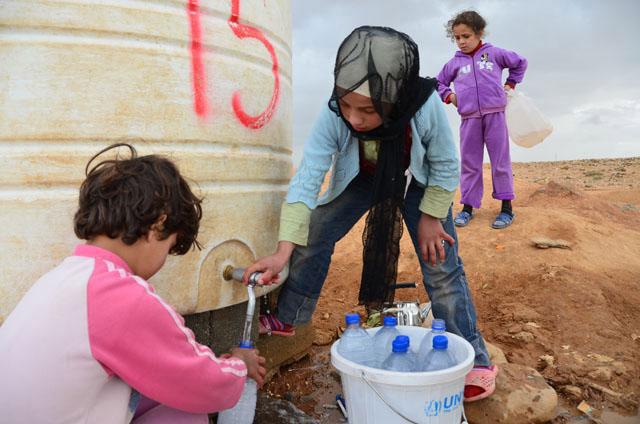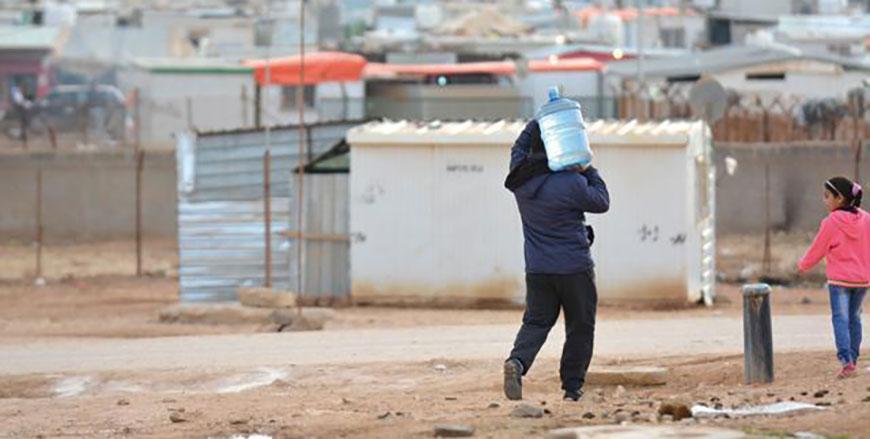You are here
Kingdom's drinking water consumption stands at 1.1bcm, deficit to hit 60mcm in 2022 — Najjar
By JT - Dec 15,2021 - Last updated at Dec 15,2021
AMMAN — The drinking water deficit in the Kingdom is projected to hit 60 million cubic metres (mcm) in 2022, Minister of Water and Irrigation Mohammad Najjar said on Wednesday.
Speaking during a Lower House session dedicated to discuss the declaration of intent related to a water-energy project, Najjar said that the proposed water-energy project, once implemented, will enhance the Kingdom’s strategic reserve and improve the agriculture sector, besides ensuring additional amounts of drinking water.
The Kingdom's annual water consumption currently stands at 1.1 billion cubic metres, out of which 510mcm are for drinking, the minister said, noting that by 2040, the Kingdom will need 800mcm for drinking and municipal uses.
He added that the National Carrier Project, the largest water venture in the history of the Kingdom, could provide the Kingdom with 300-350mcm of desalinated seawater.
On the energy-for-water project with the UAE and Israel, Najjar said the ministry, in September of 2022, will share with the House the details of the two projects if they show feasibility, noting that the signed declaration of intent does not entail any financial or legal obligations.
Signing of the Declaration of Intent is in accordance with the provisions of Article 6 of the Jordan-Israel Peace Treaty, approved under Law No. 14 of 1994, the law related to the ratification of the Peace Treaty between the Kingdom and Israel, which was approved by Parliament at the time, he said, the Jordan News Agency, Petra, reported.
Related Articles
AMMAN — The drinking water deficit in the Kingdom is projected to hit 60 million cubic metres in 2022, Minister of Water and Irrigation Moha
AMMAN — The Kingdom is facing “unprecedented water poverty”, as the annual all-use per capita share of water in Jordan is nearly 90 cubic me
AMMAN — Jordan, the UAE and Israel on Monday signed a declaration of intent to negotiate the feasibility of a joint energy and water project


















